5 Secrets about Loans that Banks Won’t Tell You
5 secrets about Loans that banks won’t tell you
Are you thinking of taking a loan? How confident are you going about it? Are you sure you’re taking the right step?
Loans can do you great good if you use them wisely. But they can also mess up things if you’re not aware of the hidden costs involved in taking a loan.
Surely, you must’ve come across someone who went a little too far with their borrowing and got into big trouble.
But then, there are also success stories of those who took a loan, bought a house or a flat, paid it off fully and are now enjoying the blessings a loan can buy you.
So, how do you make the right decision about taking a loan? Here are 5 things about loans you need to understand before you choose your next step.
- Why do banks give loans?
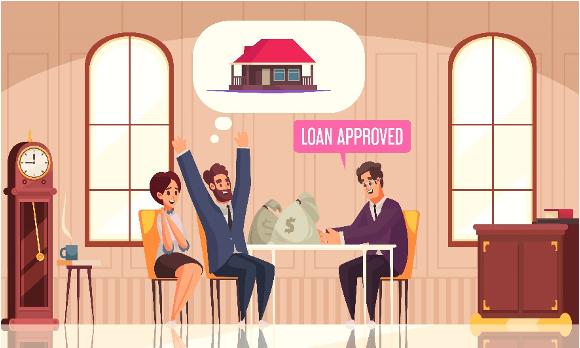
Loans are the bread and butter of banks. Banks earn their living by giving loans to borrowers.
When you take a loan from a bank, you’ve to repay the money along with interest. This interest becomes income to your bank.
The rate of interest can vary depending on the type of loan you’re going for. Nevertheless, there is never any formal borrowing without interest.
Your willingness to pay the interest acts as a signal to the bank. It tells the bank that you’re going to use the loan to buy something or make an investment that is going to give you higher returns than the interest you owe it.
2. Why do banks ask you a thousand questions before giving you a loan?
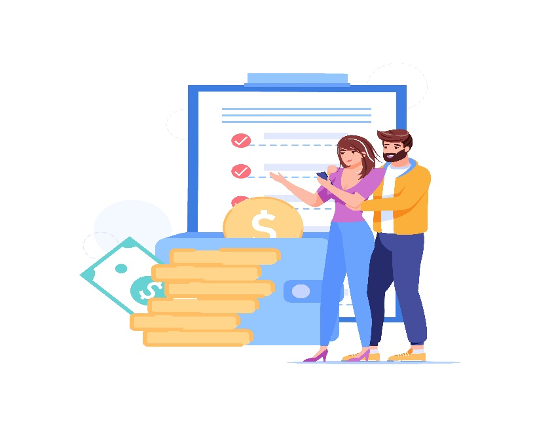
The only thing banks want to know is whether you’ll repay the amount you’re borrowing or not.
Look at it from the viewpoint of a bank. Who are the people who’ll be willing to borrow money, especially at very high-interest rates? Those who are really desperate for money, right? They perhaps already have a few unpaid loans and are looking to repay their previous loans with new ones.
This kind of people, banks want to avoid.
Banks also don’t want you to take the money and do something irresponsible like gamble, buy lottery tickets or commit fraud. Banks want you to use the money for what you said you’re borrowing.
This is why banks are wary of sketchy folks and they want to ensure that you’re one of them!
This is also the reason why everyone who approaches a bank doesn’t get a loan even though loans are income to the bank.
3. The only 2 types of loans you need to know about
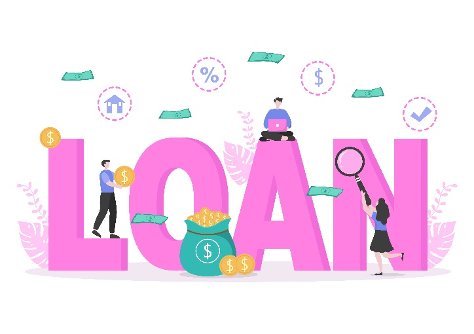
You may have heard of different kinds of loans like student, auto, payday, or mortgages. Even though there are so many loans that banks give out, in actual fact, there are only two types of loans.
1. Secured or collateralised loans
2. Unsecured or non-collateralised loans.
Secured loans
These loans need you to surrender to the bank an asset you own in return for cash. The idea is, if you don’t pay back your loan the bank can seize the asset (collateral) against which you’ve borrowed. In that way, the bank doesn’t suffer a big loss.
Probably you can see that collateral helps the bank reduce the risk it’s taking in lending you the money.
The best example of a secured loan is a mortgage — housing loan.
You take a loan to buy a house. The bank asks you to submit the house as collateral for taking the loan. If you default on your loan repayment, the bank can take ownership of your house, sell it off and get the money back.
However, once you pay the loan fully, the bank will nullify the claim it has on your house.
As collateral greatly reduces the risk a bank takes in making a loan, the interest rates for these loans are fairly low. Also, as these loans require the bank to check your collateral, it’ll take a little time before the bank pays you the money.
Unsecured loans
These are loans you can get without collateral!
Personal loans are the best example of this. If banks are convinced that you have a steady income and you’ll return the money you borrow, they’ll be willing to lend a certain amount as a loan.
The problem with unsecured loans is they come at high-interest rates. It’s riskier for banks to lend without collateral, isn’t it? Hence the high-interest rate.
Another important example is credit card debt. Banks allow you to use your credit card to buy stuff. If you repay your entire bill within the billing period you don’t have a problem. But if you’re going to repay only in small instalments then you’re essentially taking a loan.
And as you’d expect, credit card debts are very high-interest loans that you’d do really well to stay away from.
4. Online loans. What are they?
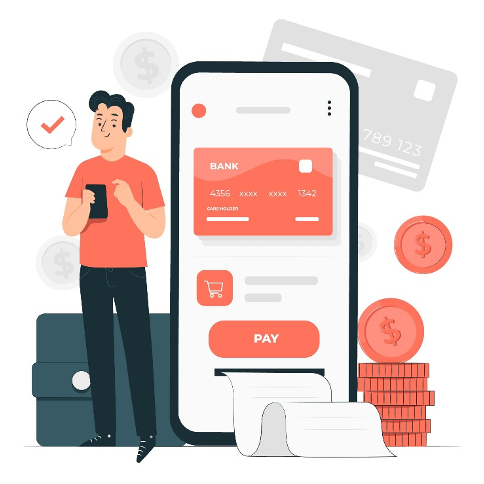
Today there are so many apps that allow you to borrow money simply by installing them on your phone. How do they work?
These are just unsecured loans that come with very high-interest rates. You should be extremely careful with this kind of loan because it can trick you into making impulsive purchases. Next thing you know you’re in a debt trap paying a huge chunk of your salary to these apps.
5. No cost EMI. Are they really interest-free?
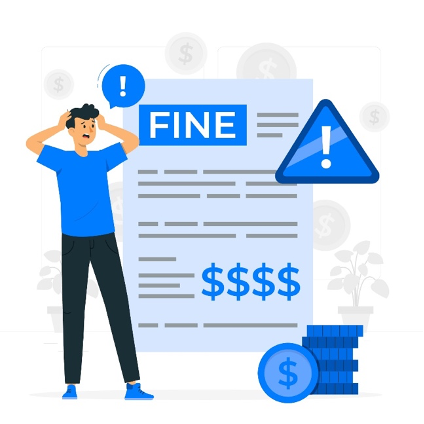
How often do you see ads for products that you can buy without paying interest?
You know there can never be formal borrowing without interest. So how come some e-com sites and brick and mortar stores give you loans without interest?
The answer is this is solely a marketing gimmick. The truth is the interest is already included in the price of the product! Otherwise, the bank will collect it in the form of a processing fee.
If this too isn’t the case then, the seller won’t give you the discount mentioned in the ad if you’re buying on EMI! This is to cover the interest charge on the product.
Plus, if you skip a month’s payment, the bank will slap a huge interest on your loan.
6. Why you should be interested in the interest?
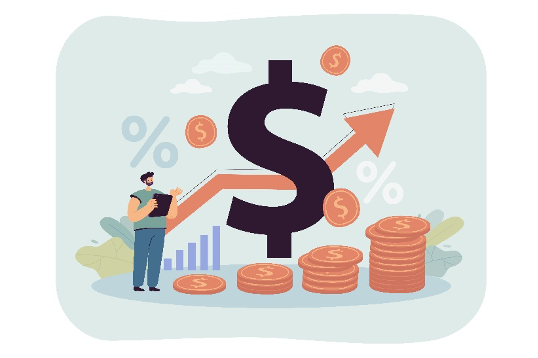
Interest is of two types: simple interest and compound interest.
Banks always lend on compound interest. This means that if you miss a payment, you’ll have to repay not simply the principal and the interest. You’ll have to pay interest on the interest you didn’t repay!
This is the reason why many people get trapped in debt, especially credit card debt. So, the best thing to do: make your loan payments promptly.
7. When you should go for a loan?
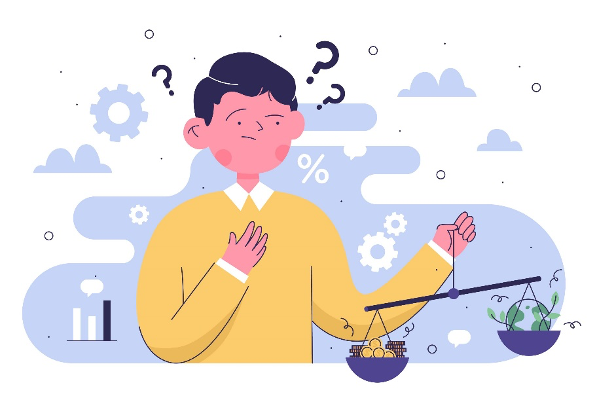
Banks and apps are screaming in your face persuading you to take loans. Is it a good idea to yield to this pressure from advertising?
Answer: if your need is justified or if you’re sure you can repay the loan, go ahead. Otherwise, stay away from loans.
The best way to not take more credit than you can manage: be patient. Even the richest people in this world cannot afford everything. Working hard, smartly investing your money and gradually making it grow are the right things to do.
Check out other articles on our website for more useful information on how you can master your money.